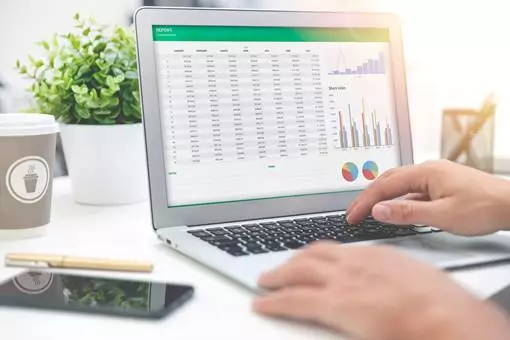Selecting the right MBA for you
- 17th November 2015
- Written by Dr. Steve Priddy
- Opinion & Features

Dr Steve Priddy, Director of Research at LSBF, offers his advice to those deciding which MBA best fits their career plans.
I begin with some numbers:
- Total UK education credits on an MBA programme – 180
- Hours of study associated with each credit – 10
- Total available billable hours, net of bank and company holidays, some illness and some training – 1,725 per annum
In other words, whatever programme you chose to follow, you can count on a full year of independent study. The dissertation or research project stage - typically 15,000 to 20,000 words - carries 60 credits and is your own original piece of work. Considerable intellectual and physical stamina is required to do it justice.
Reflecting on more than 500 students who I have coached, mentored or supervised during my time at LSBF, I offer the following advice to would-be MBA students.
Firstly, think clearly about your own personal circumstances and what you would like to get out of the programme. Ask yourself the following questions:
- What work experience do I have, to date?
- Am I seeking to deepen my experience through study, or change career path entirely?
- How well does my educational background equip me for the MBA journey?
- What is the source of my funding; is it my own savings, those of my parents, a loan, or a scholarship from an employer or government? How much can I realistically afford to spend?
- Might full or part time study be appropriate to my circumstances?
- Apart from London, is there any other city in the world better suited to my career plans and the professional network I will need to build?
Dwelling on these considerations will help give you the necessary focus and motivation to make the right choice.
The title MBA and what it stands for – Master of Business Administration – belies the depth and breadth of the underlying qualification. Most emphatically it is not about specialist disciplines such as economics, psychology, marketing, or engineering. It is, however, the qualification most closely and directly linked to a step change increase in your earnings power, and there is much empirical evidence to demonstrate the radical improvement in pre and post study earnings. You are therefore right to view yourself as consumer, client and customer of an education process. Value for money must therefore be at the heart of your decision making.
Certificate, Diploma and Master’s programmes come with clear exit points and this will give you some flexibility should your circumstances change. Increasingly, programmes are professionally accredited and offer reciprocal arrangements towards membership of bodies such as the Chartered Management Institute and the Chartered Institute of Marketing. You may wish to investigate such accreditation possibilities.
Themed MBA programmes move in and out of fashion in UK higher education. For example, we have had considerable interest and success in designing a programme targeted at those wishing to make their career in the upstream oil, gas and energy sector. This programme is particularly relevant to the future of those who are already working in the sector and to students whose home countries have major natural resources. MBAs focusing specifically on entrepreneurship seem to be on the rise.
Also, consider the extent to which the programme facilitates networking and the fostering of lasting contacts. Business schools such as LSBF tend to boast an extensive and influential alumni association, attracting high calibre speakers in the world of business, finance and management. Make the most of it – these contacts may prove valuable in the near future.
Finally, think about whether you have the inclination and the stamina to pursue a dual award with an international professional accounting qualification such as the Association of Chartered Certified Accountants (ACCA), the Chartered Institute of Management Accountants (CIMA) or Chartered Institute of Marketing (CIM). Armed with any of these qualifications and your MBA, you will become a force to be reckoned with in senior management positions around the world.
Good luck selecting your MBA!
Other Opinions and Features
The Rise of Mobile Accounting
Accounting has always been a field that’s associated with piles of paperwork, spreadsheet and staggering numbers. Using computers to carry…
What will the role of the CFO look like in the future?
The CFO role is often thought of as being largely preoccupied with numbers and data, but in the last few…
7 Myths About Accountancy
Wondering what accountancy is really like as a career? Many people think that being an accountant is just number crunching…


